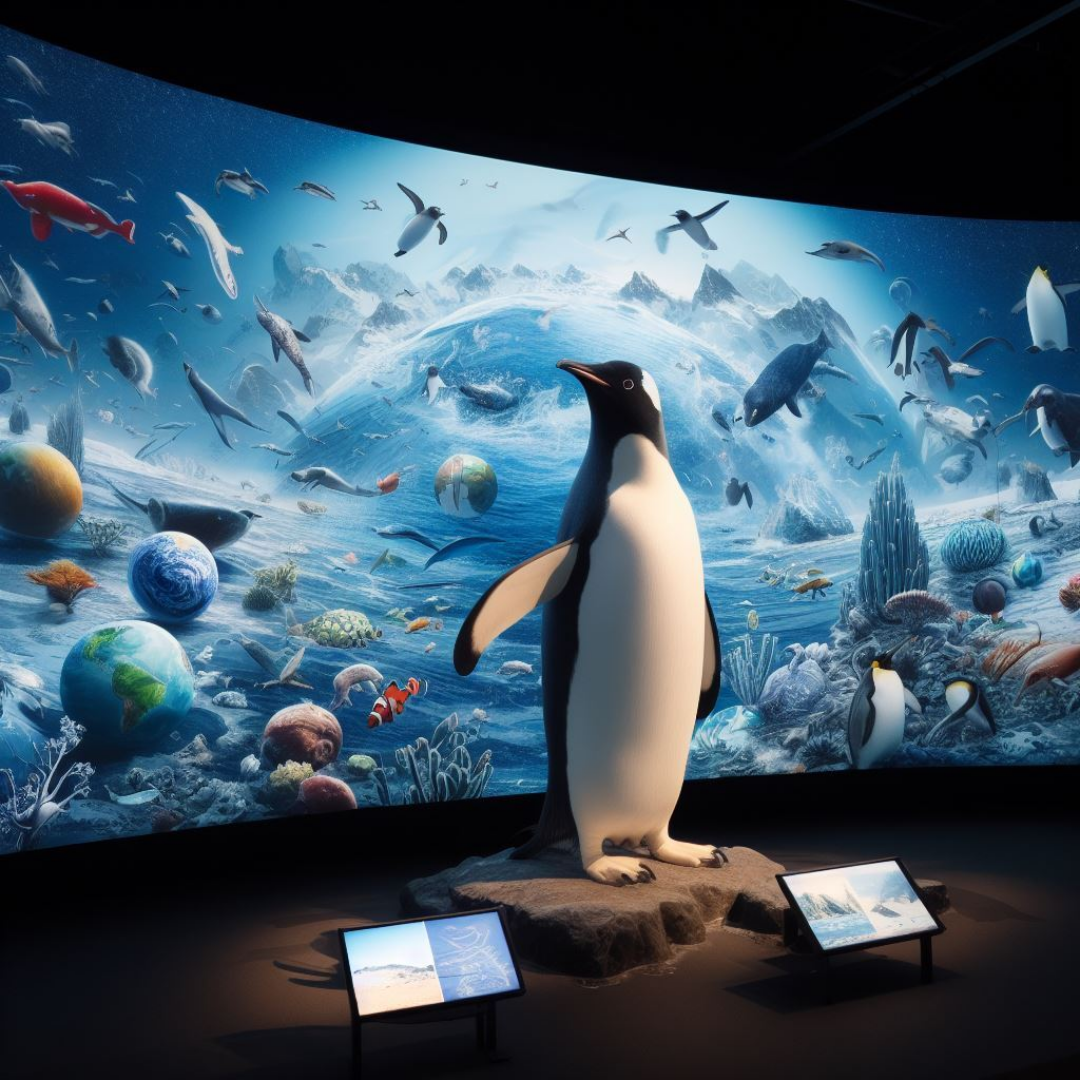Government representatives responsible for safeguarding Antarctic marine life have convened at the annual meeting of the Commission for the CCAMLR in Hobart, Australia.

Government representatives responsible for safeguarding Antarctic marine life have convened at the annual meeting of the Commission for the Conservation of Antarctic Marine Living Resources (CCAMLR) in Hobart, Australia.
The gathering, scheduled from October 16 to 27, will tackle a critical agenda, with a key emphasis on advancing the designation of three large-scale marine protected areas (MPAs) in the East Antarctic, Weddell Sea, and Antarctic Peninsula.
This meeting marks the second opportunity this year for countries to act on these protection proposals, following an earlier Special CCAMLR meeting dedicated to the same subject in Santiago, held in June. Unfortunately, the special meeting ended without further progress, as a couple of countries prevented the full consensus required for advancement.
“Not only environmental groups, but also conservation-minded governments, are growing increasingly frustrated with CCAMLR’s lag in protection efforts. We’ve witnessed their ability to authorize fishing, and we believe they should extend the same decisiveness to conservation. It’s disheartening that exploitation seems to take precedence over protection. CCAMLR must step up and deliver,” stated Claire Christian, Executive Director of Antarctic and Southern Ocean Coalition.
CCAMLR’s record on conservation is drawing international scrutiny, with its last substantial conservation action dating back to 2016, when the Ross Sea MPA was established. Since then, the climate crisis has accelerated, with recent reports revealing Antarctica’s new record for the lowest annual maximum sea ice coverage, decreasing by an additional million square kilometers.
“This year, the Southern Ocean witnessed record high temperatures and record low levels of sea ice, which scientists believe led to the loss of all emperor penguin chicks in four colonies, amounting to an estimated 9,000 chicks.
The pace of change in Antarctica is alarming, but even more alarming is CCAMLR’s inaction over the past decade to address the impacts of climate change. While MPAs won’t halt climate change, they will bolster ecosystem resilience.
CCAMLR must break the deadlock and fulfill its overdue commitment to establish a network of MPAs in Antarctica,” urged Andrea Kavanagh, director of Antarctic and Southern Ocean conservation work for The Pew Bertarelli Ocean Legacy Project.
Just last month, the UN Secretary General reported that only 15% of the Sustainable Development Goals are on track, with many regressing. Simultaneously, over 80 countries endorsed a new High Seas Treaty, demonstrating global dedication to further safeguarding ocean marine life.
“While there is significant energy and momentum behind this new High Seas Treaty, it’s evident that multilateralism remains a viable approach. However, governments continue to falter in translating these international commitments into tangible positive change, a recurring issue in CCAMLR year after year. The future of our planet must take precedence,” emphasized Jehki Härkönen, ocean policy advisor at Greenpeace International.
Additional focal points of the meeting include measures to modernize krill management, a vital component of the Antarctic ecosystem and a key player in the global carbon cycle. As plans to escalate fishing activities in the region unfold, environmental organizations are advocating for more rigorous criteria in approving fisheries measures.
“The concentrated krill fishing activity in the region, combined with escalating climate change, poses a threat to krill populations, and consequently, to wildlife and crucial ecosystem services. The equilibrium between conservation and fishing urgently requires recalibration,” cautioned Emily Grilly, Antarctic Conservation Manager for WWF.
As deliberations unfold at the CCAMLR meeting, the global community watches closely, hoping for proactive decisions that will fortify the future of Antarctica’s unique marine life and ecosystems.